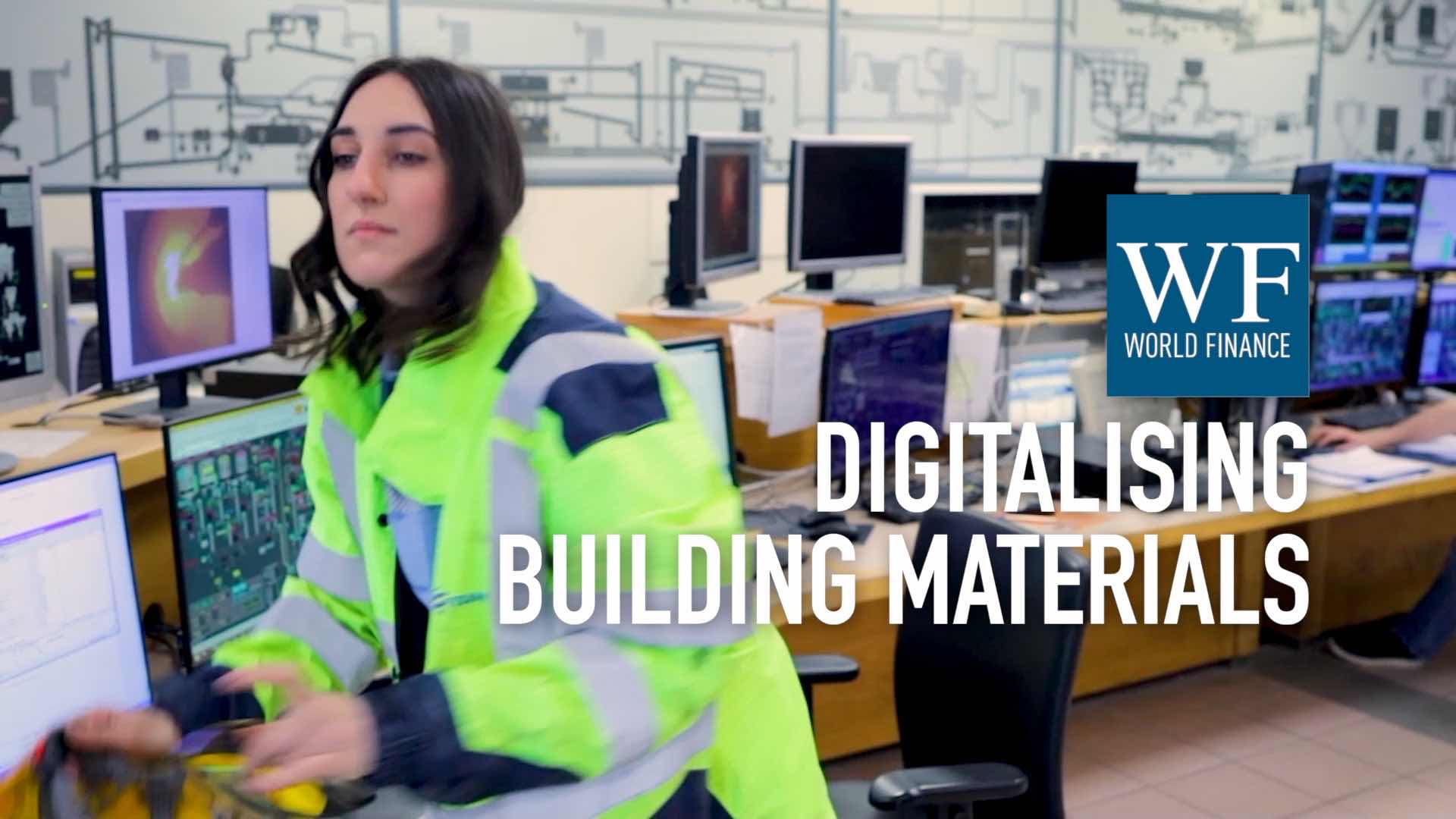Alexey Oschepkov on social trading | Nettrader | Video
World Finance interviews Alexey Oschepkov, Senior Vice President of Nettrader, on the social dimension of forex trading and the unique language developed for its platform Tradernet 2.0
Related:
Transcript
Has social trading had its day, or do financial service companies continue to underestimate the potential in this area? Alexey Oschepkov, Senior Vice President of Nettrader, discusses its Tradernet 2.0 offering, the way that social media creates a whole new dimension in forex trading, and the challenges of helping traders to learn and understand the best ways to leverage the social element.
World Finance: First, tell us about Tradernet. How was it created, and what does it offer?
Alexey Oschepkov: Tradernet is a modern hybrid social network and stock broker. We’ve put two dimensions together. One line is the brokerage, another line is the social network. When you combine those two lines, you get the whole new plane, where you can compete more freely, and you can offer a lot more services.
“You should not consider two ingredients as a simple cocktail. When we add the social dimension, we really change the game”
World Finance: So this social network dimension, how much does it add to the experience of the everyday trader?
Alexey Oschepkov: It is not really accurate to say it adds, one thing does not really add to the other. You should not consider two ingredients as a simple cocktail. When we add the social dimension, we really change the game, as with, let’s say, steam engines. Mechanically they’re the same as diesel engines, but adding chemistry – those little explosions – produces a whole new set of industries. Same thing here.
As for the interface, the interface is a language in the true sense of the word, like English or algebra.
World Finance: How do you teach people to speak and to understand that language?
Alexey Oschepkov: Scenarios, as in video games. Video games are obviously the top innovators in the broader sense of the computer or communication industry. See, everything has to match with the attitude of today’s user, which sounds something like, “I will never spend more than 10 seconds trying to get to the bottom of anything!” So we have 10 seconds, and that’s it. And that simplicity mustn’t be harmful for the core of the service.
Scenarios might be ugly. For instance, when they redo the whole interface of MS Word, I don’t see what I benefit from it. But when they add a G+ button in the upper right corner, and don’t touch the interface that I’m used to, that’s another thing.
“Information comes to you from your network neighbour, from someone you can trust, someone who is similar to you. That really raises the value of the information”
World Finance: You pitch Nettrader as the serious social network. We already have dozens of social networks: Facebook, Twitter, Google Plus; whatever people are using them for, can’t traders get the same information from them that they would get from you?
Alexey Oschepkov: Probably yes, but that information would be coming to them through the inferior language. A pidgin language. If you want to publish an article with a mathematical analysis theory or something, you would use English, with Greek letters for variables, not anything else. We use that as an advantage to position ourselves, both among the social networks and brokers.
For the brokers side, we hint that, “Hey, we’re not an old, deceptive broker” – no one trusts Wall Street these days. On the social side, we say that, okay, it’s a serious thing you deal with – assets – and we try to dispel your financial illusions that we try to help you to get rid of replacement of means of exchange, means of earning. You should not keep fiat currency and any derivatives such as bank deposits as your assets. Those are not your assets. Stocks are the only asset, actually. Something real.
And that information comes to you from your network neighbour, from someone you can trust, someone who is similar to you. Not from an analyst on the TV screen, you know? So, that really raises the value of the information that people can get from the network. That’s important.
World Finance: What is the potential for these sort of social networks? You say people aren’t trusting Wall Street any more, do you see social networks like this expanding even further?
Alexey Oschepkov: There are two trends as I see it. First is decentralisation of everything. You know, 20 years ago there were only two beneficiaries for all the telephone calls in the US. Everything is being decentralised. Currencies, energy supply, telecommunications, so, social networks will be forced to offer some APIs to allow users to freely exchange from one to another. So that’s one trend.
Second is that the average size of investment is getting lower and lower, and you have to be able to deal with that. We take off from the facade of the company, lots of traditional things, and those savings are being shared with our customers, obviously.
World Finance: You spoke about the potential for social networks in general, what is the future for Tradernet specifically? What are you planning to improve?
Alexey Oschepkov: We’ll stick to our scenario. We are adding markets and trading floors and currencies on a daily basis, almost. But we will try to develop the branching-off of scenarios in a way that replicates user expectation.
World Finance: Alexey, thank you very much.
Alexey Oschepkov: Thank you.

 Investing in innovation: TITAN Group’s €40m commitment to transform construction
Investing in innovation: TITAN Group’s €40m commitment to transform construction TITAN Group: Sustainable and smart construction, powered by digital technology
TITAN Group: Sustainable and smart construction, powered by digital technology
